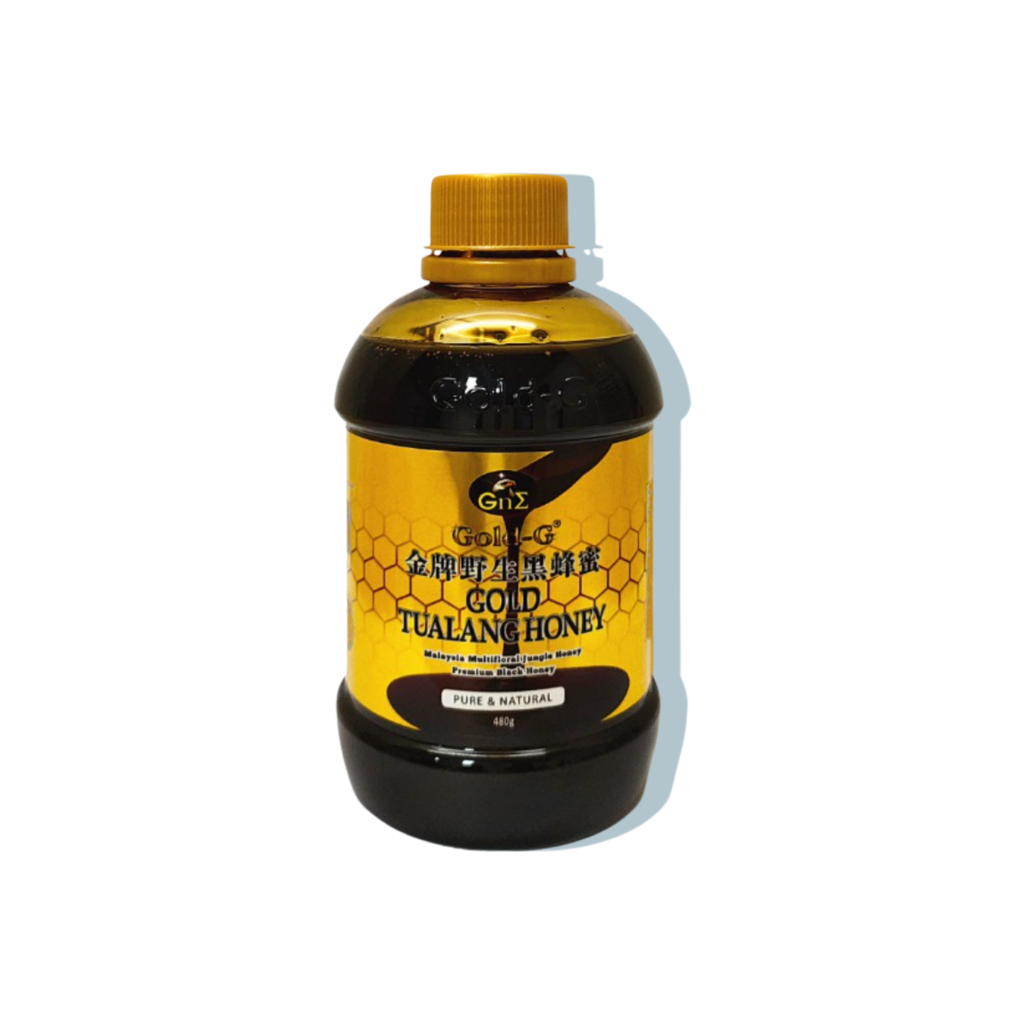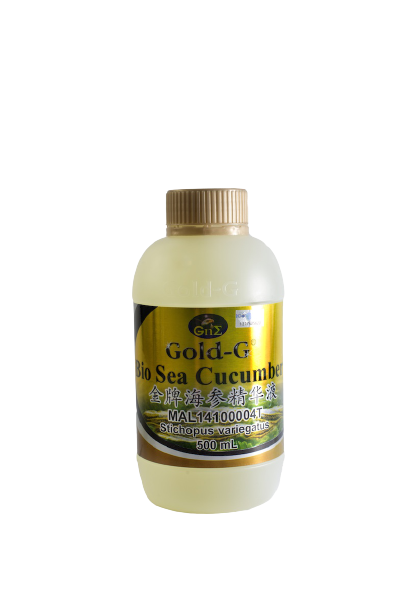Gastritis is the inflammation of the stomach lining. When the protective mucus lined barrier of the stomach has been weakened or became thinned, the stomach wall was damaged and lead to inflammation. Gastritis can be occurred suddenly, known as acute gastritis, or become chronic gastritis, which appears slowly over time. Chronic gastritis often leads to a stomach ulcer, bleeding, or even develop into stomach cancer.
Signs and symptoms
- Pain, burning ache or discomfort in the upper abdomen
- Nausea or vomiting
- Bloating and indigestion
- Feeling too full in the upper abdomen after meal
- Loss of appetite
Some people might not experience any signs and symptoms of gastritis.
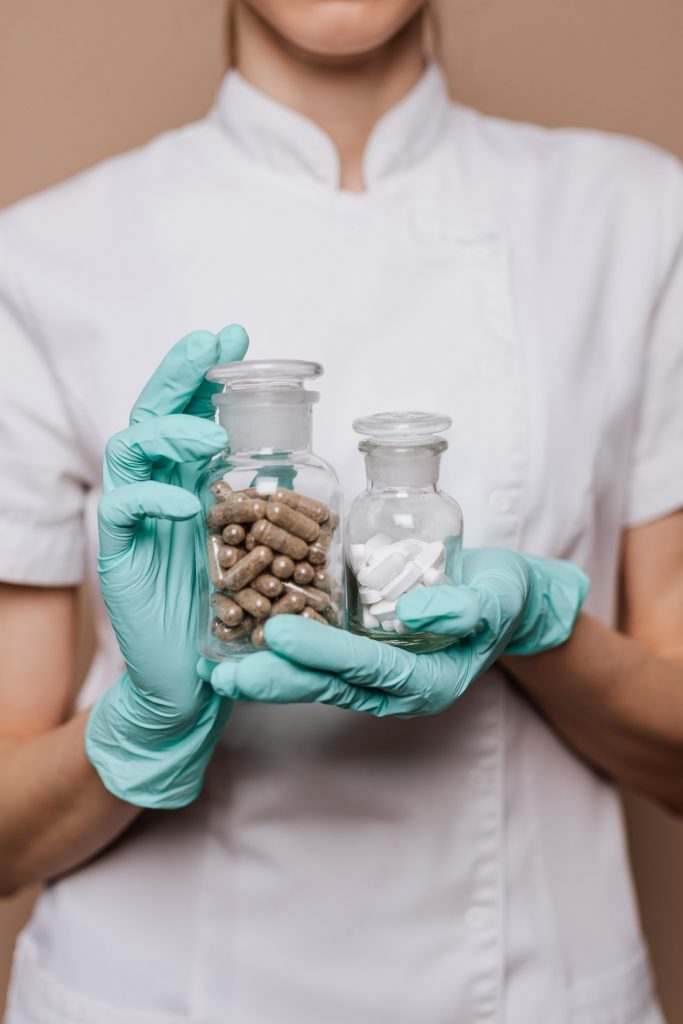
Risk factors
- Bacterial infection. Helicobacter pylori (pylori) gastritis is the most common type of gastritis. It is chronic gastritis that could last a lifetime and increase the risk of stomach cancer. The bacteria, H.pylori was suspected to be able to spread from person to person through contact with infected person’s saliva, or consumption of food and water contaminated by this bacteria. However, researchers were still unclear about how the bacteria H.pylori spreads and how the people get infected.
- Drugs and medicines. Pain relievers, especially nonsteroidal anti-inflammatory drugs (NSAID) such as aspirin, ibuprofen, and naproxen, are the most common irritating substances that could cause gastritis. When taking too much or consume in the long-term, these drugs will irritate the stomach lining, lead to gastritis, peptic ulcer, and even life-threatening bleeding.
3. Excessive alcohol intake and over-consumption of irritating foods. Alcohol, spicy foods, caffeinated drinks, and acidic foods contain irritating substances that could irritate and erode the stomach lining, and long-term or excessive consumption might increase the risk of acute erosive gastritis.
4. Autoimmune response. Autoimmune gastritis occurs when the body’s immune system attacks the healthy cells in the stomach lining. This reaction is more commonly occurs in people with other autoimmune disorders.
5. Other diseases and conditions. Diseases that cause inflammation in the digestive tracts, such as Crohn’s disease and irritable bowel syndrome (IBS) increase the risk of gastritis. Besides, food allergies, and infections with viruses, parasites, fungi, and bacteria other than pylori, these infections weakened the immune system and cause damages on the stomach lining. In addition, chemotherapy or radiation therapy also could affect gastrointestinal health also increase the risk of gastritis.
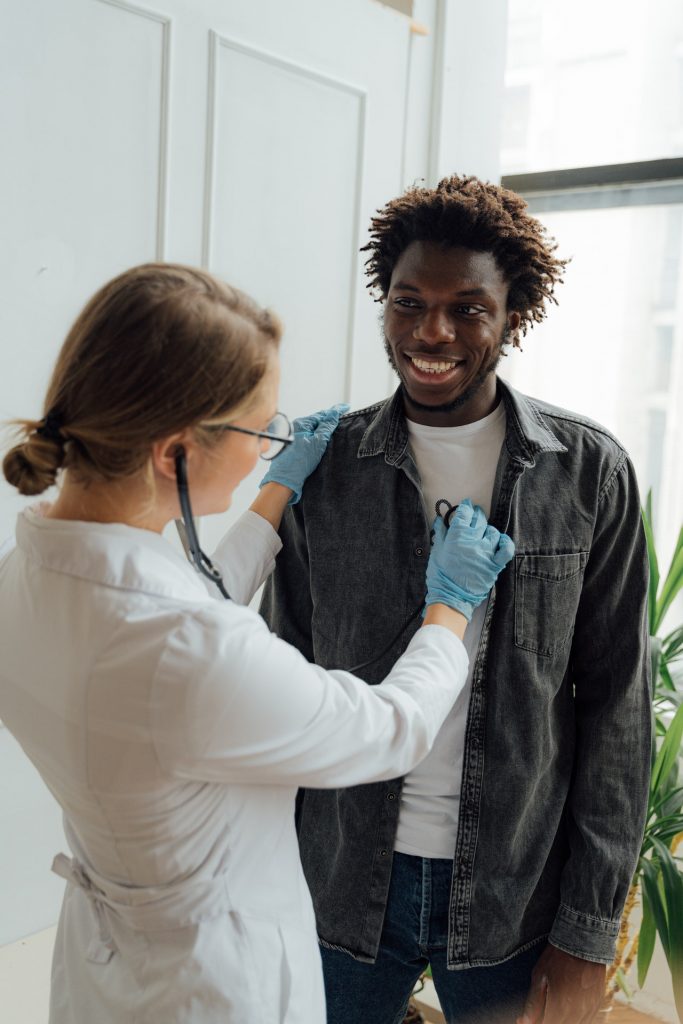
Prevention and management
- Visit the doctor when the signs and symptoms of gastritis have been continuing for a week or longer. Your doctor will diagnose and recommend treatment based on the condition. As for people with gastritis caused by a bacterial infection, the doctor will prescribe suitable doses of antibiotic or medicines after diagnosis, and you should take all doses exactly as doctor prescribed, because some bacteria may survive and re-infect you if you stop taking medicines early or not consume the recommended dosage. Also, the bacteria might develop antibiotic resistance, which means the antibiotic you have taken at the past might not be effective anymore.
2. Quit smoking. Smoking has been found to increase the risk of cancers on the gastrointestinal tract and affects digestive health. Even though smoking does not directly harm the stomach lining, but it will increase the risk of pylori infection, decrease the secretion of mucus that protects the stomach lining, and slow the healing of stomach lining.
3. Reduce stress. Stress in a high level might increase stomach acid secretion, which will worsen the symptoms and increase inflammation in the body.
4. Eat smaller meals but frequently. Eat more than 3 meals with smaller meal portions, preferably 5 to 6 smaller meals, this is because the smaller meals can reduce the impact of stomach acid.
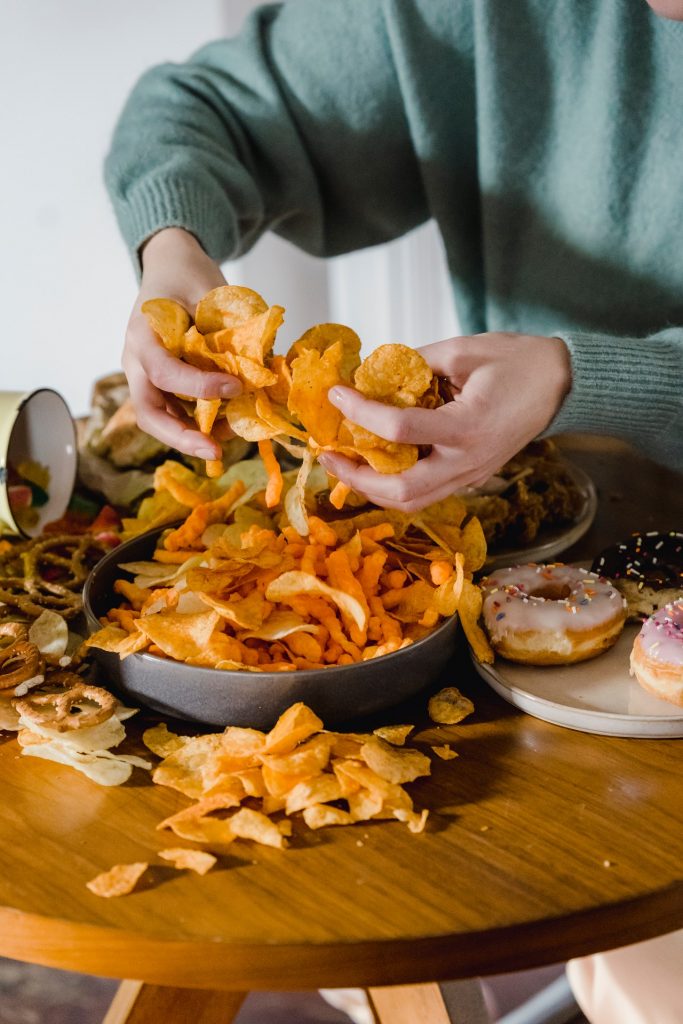
5. Avoid food that will irritate the stomach. Some foods and beverages will irritate the stomach lining and worsen the gastritis condition.
- Alcoholic beverages: Alcohol is an irritating substance that could irritate and erode the stomach lining and trigger inflammation in the stomach.
- Caffeinated drinks: Beverages contain caffeine such as coffee, tea, energy drink, and chocolate should be avoided or just consume in moderation. Caffeine might cause stomach acid reflux and worsen gastritis symptoms.
- Acidic foods: Foods such as citrus fruits (oranges, limes, lemons, grapefruits), tomatoes/ tomato products, and carbonated drinks are acidic and will irritate the stomach lining.
- Spicy foods: Spicy foods such as chili, chili powder, nutmeg, hot pepper, and black pepper should be avoided or reduced. Although there is research showed that spicy food will not cause gastritis, but it can worsen the symptoms of gastritis.
- Dairy products: Dairy products especially whole milk should be avoided. This is because the fat content in milk, might increase the secretion of stomach acid and worsen gastritis symptoms.
6. Consume healthy foods that have beneficial effects on gastritis.
- Broccoli: Broccoli is a food that is rich in fibers and antioxidants that could reduce inflammation in the body and provide a protective effect against cancer. While there is a chemical compound in broccoli, sulforaphane which has anti-oxidation and antibacterial properties may help to protect the stomach lining against oxidative injury induced by pylori and side effects of nonsteroidal anti-inflammatory drugs.
- Yogurt: Yogurt is a dairy product fermented with lactic acid bacteria, Lactobacillus Bulgaricus and Streptococcus thermophilus. The lactic acid bacteria in yogurt is also known as probiotic, which defined as the live bacteria that provide some health benefits when consuming an adequate amount. Probiotic is well-known with the functions in promoting gastrointestinal health, reduce irritable bowel syndrome, help in the treatment of diarrhea and abdominal pain, and also play a role in inhibiting pylori infection.
- Raw honey: Raw honey is not only containing natural sugar that can be easily absorbed by the body, it also contains enzymes, antioxidants, phytochemicals, and flavonoids which have beneficial effects on digestive health. Also, with its’ strong anti-inflammatory and anti-bacterial properties, honey was recognized as a potent inhibitor for gastritis caused by pylori infection. The prebiotic ingredients in raw honey such as fructo-oligosaccharides promote the growth of intestinal microbiota and aid in maintaining gastrointestinal health.
GNE Gold-G® Health Food Series:
Gold-G® Gold Tualang Honey
Tualang honey is raw honey harvested from Malaysia’s tropical rainforest. It is 100% pure and natural without undergo any additional treatment, hence it retained natural friendly bacteria, propolis, pollen grains, phytonutrients, phenolic acids, and flavonoids. Besides natural taste and aroma, Tualang honey has higher nutritional value and stronger therapeutic effects than processed honey!
Tualang honey possesses anti-microbial and anti-inflammatory effects, which could effectively reduce risk of gastritis caused by H.pylori infection, improve wound healing, and reduce inflammation on the stomach lining. The prebiotic ingredients in raw honey such as fructo-oligosaccharides promote the growth of intestinal microbiota and aid in maintaining gastrointestinal health.
Gold-G® Bio Sea Cucumber
Sea cucumber is rich in pharmaceutical active components that provide beneficial effects on promoting gastrointestinal health, such as fucoidan, saponin, collagen, and mucopolysaccharides.
- Fucoidan could reduce gastric ulcer, provides anti-inflammatory and gastro-protective effect. Besides, it was found to stimulate the bowel movements and increase the stool frequency, hence beneficial for constipation.
- Sea cucumber peptides protect against colitis by modulating intestinal microbiota and enhancing the intestinal barrier.
- Collagen promotes wound healing, repair damaged tissues, stimulates new blood vessels formation, and encourage depositions of new collagen on the wound site.
- Mucopolysaccharides accelerate wound healing and improve wound concentration rate.
Click the link below for direct purchase.
References
- Becky, & Patella, J. (2019). Sulforaphane in Broccoli Sprouts Shown to Protect Against Gastritis and Ulcers. Retrieved May 29, 2020, from http://www.naturalhealthresearch.org/sulforaphane-in-broccoli-sprouts-shown-to-protect-against-gastritis-and-ulcers/
- Mayo Clinic Staff. (2020). Gastritis. Retrieved May 29, 2020, from https://www.mayoclinic.org/diseases-conditions/gastritis/symptoms-causes/syc-20355807
- Milk Fact, (nd). Milk and Human Health. Retrieved May 29, 2020, from http://www.milkfacts.info/Nutrition%20Facts/Milk%20and%20Human%20Health.htm#Probiotics
- Murrell, D., & Lori, S. (2017). Gastritis: Symptoms, causes, and treatments. Retrieved May 29, 2020, from https://www.medicalnewstoday.com/articles/309046
- (2013). Smoking and the Digestive System. Retrieved May 29, 2020, from https://www.niddk.nih.gov/health-information/digestive-diseases/smoking-digestive-system
- (2019). Gastritis & Gastropathy. Retrieved May 29, 2020, from https://www.niddk.nih.gov/health-information/digestive-diseases/gastritis-gastropathy/all-content
- Oh, H., Moon, D., Kim, J., Kang, Y., Park, J., Seo, M., . . . Lee, H. (2012). The Effects of Sea Cucumber as an Anti-gastritis, Anti-gastric Ulcer, and Anti-Helicobater. Journal of the Korean Society of Food Science and Nutrition, 41(5), 605-611. doi:10.3746/jkfn.2012.41.5.605
- Park, J. M., Jeong, M., Kim, E. H., Han, Y. M., Kwon, S. H., & Hahm, K. B. (2015). Omega-3 Polyunsaturated Fatty Acids Intake to Regulate Helicobacter pylori-Associated Gastric Diseases as Nonantimicrobial Dietary Approach. BioMed research international, 2015, 712363. https://doi.org/10.1155/2015/712363
- Pasupuleti, V. R., Sammugam, L., Ramesh, N., & Gan, S. H. (2017). Honey, Propolis, and Royal Jelly: A Comprehensive Review of Their Biological Actions and Health Benefits. Oxidative Medicine and Cellular Longevity, 2017, 1-21. doi:10.1155/2017/1259510
- Sethi, S. (2020). Gastritis and stomach ulcers: Diet tips and foods to eat. Retrieved May 29, 2020, from https://www.medicalnewstoday.com/articles/317027
- Xu, X., Chang, Y., Xue, C., Wang, J., & Shen, J. (2018). Gastric Protective Activities of Sea Cucumber Fucoidans with Different Molecular Weight and Chain Conformations: A Structure-Activity Relationship Investigation. Journal of agricultural and food chemistry, 66(32), 8615–8622. https://doi.org/10.1021/acs.jafc.8b01497
This website does not provide medical advice. The content of this website, such as graphics, images, text and all other materials, is provided for reference and educational purposes only. The content is not meant to be complete or exhaustive or to apply to any specific individual’s medical condition. Always seek the advice of your doctor or other qualified health provider regarding a medical condition.


